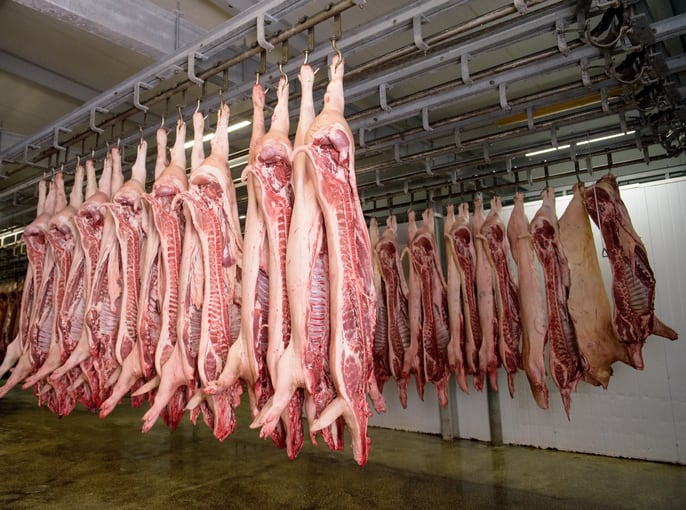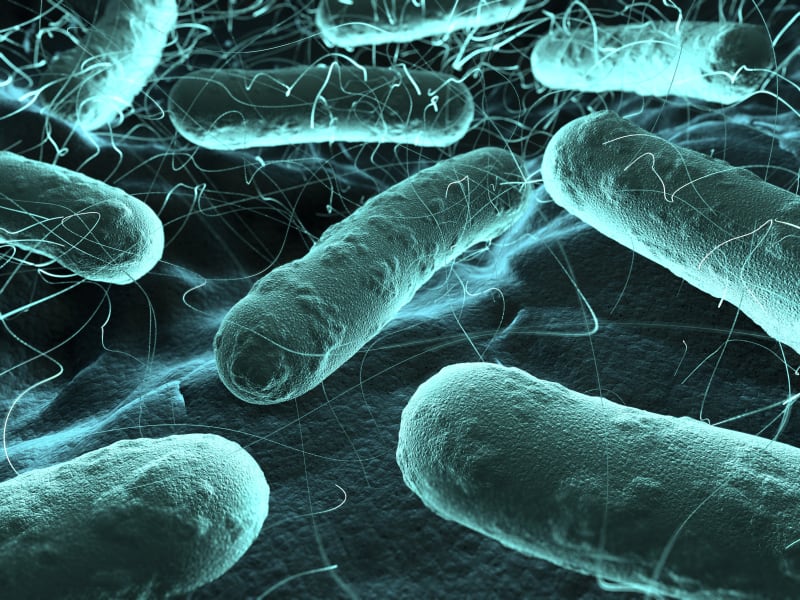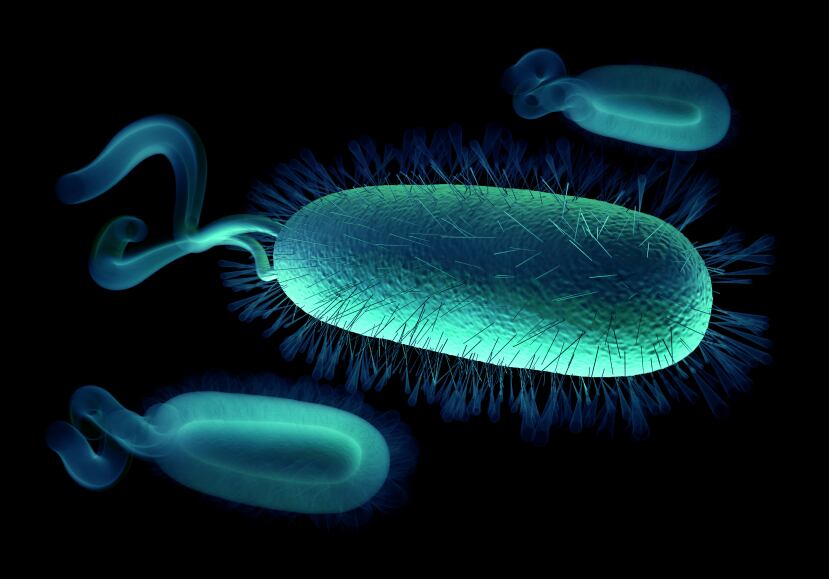The US National Pork Producers Council (NPPC) requested EFSA scientists publish a scientific opinion on the use of lactic acid solutions (2% to 5% concentration) and acetic acid solutions (2% to 4%).
Food business operators use these acids during processing as a safety measure to reduce microbial surface contamination on pork carcasses and cuts.
The acids are sprayed on pork carcasses at temperatures of up to 80°C or pork meat cuts are sprayed or dipped at 55°C. Acetic acids are used in the same way at a temperature of up to 40°C.
In the EU, lactic acid as a food safety additive is currently authorised for use on bovine carcasses. Both are approved in Europe as food flavourings.
Lactic and acetic acids for meat are both approved and used in the US and Canada.
In 2016, the United Nations’ Food and Agriculture Organisation (FAO) and World Health Organisation (WHO) published a Codex Alimentarius guidance document, which concluded that organic acid treatments, such as lactic and acetic acids, can significantly reduce Salmonella on carcasses.
According to the NPPC, use of the acids can reduce the prevalence of certain pathogens, namely Salmonella Enteritidis, Salmonella Typhimurium, Campylobacter spp., Listeria monocytogenes, Escherichia coli O157:H7, Yersinia enterocolitica, Aeromonas hydrophilia and Staphylococcus aureus.
However, EFSA scientists found that while spraying pre-chill carcasses with lactic acid is “efficacious” compared to the untreated control, the available data did not allow them to determine whether spraying of pork carcasses pre‐chill or pork meat cuts post‐chill with lactic acid was more efficacious than water treatment.
However, dipping pork meat cuts in lactic acid was more efficacious than water treatment, they said.
The committee could not conclude on the efficacy of acetic acid on carcasses or meat cuts due to a lack of data.
The opinion, which can be read here, has gone to the European Commission for further action.
EFSA scientists have called for more studies assessing the efficacy of acetic acid on both carcasses and cuts.
They also give several recommendations to food business operators using lactic acid to avoid cross-contamination, such as through the build-up of pathogens in the dipping tanks.
Toxicological safety
EFSA scientists assessed both the safety and efficacy of the acid washes, taking into account the toxicological safety; their efficacy in reducing the level of pathogen contamination on carcasses and cuts; the potential risk of antimicrobial resistance; and the ecological risk of releasing acids into the environment.
The safety panel concluded there are no safety concerns regarding human toxicological safety provided that the acids comply with EU specifications for food additives.
“This conclusion is based on the fact that both substances are authorised food additives in the EU at quantum satis and their intakes from selected components of the typical diet far outweigh the exposure from the intended uses as decontamination treatments.”
Regarding the risk of biocides or antimicrobial resistance, they wrote: “Considering the extensive natural presence of lactic and acetic acid, including in feed and food, the possibility of development of resistance to therapeutic antimicrobials is unlikely to be a significant issue. There is some evidence that repeated exposure to lactic acid can select for reduced susceptibility to the same substance. However, under Good Hygienic Practices (GHP), the Panel did not consider this a significant issue.”
Provided wastewaters are treated before being released, there is no cause for concern regarding damage to the environment, they said.




